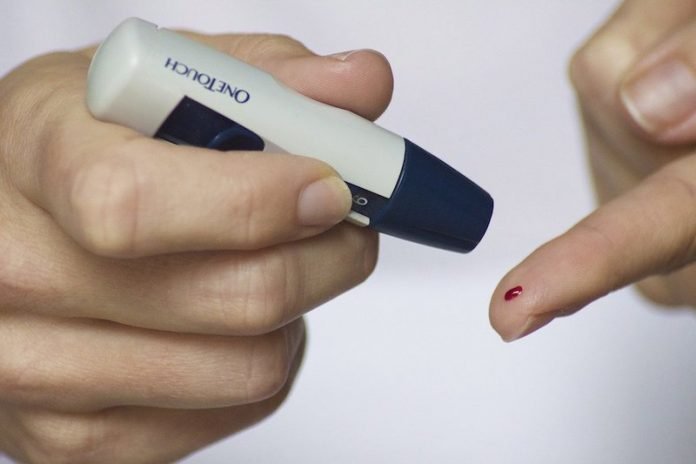
In a new study, researchers found that obesity and weight gain can lead to vascular disorders, the leading cause of disease and death for people with type 2 diabetes.
The research was conducted by a team at the German Center for Diabetes Research and elsewhere.
Successful weight loss is considered to be an integral part of the therapy for type 2 diabetes. Nevertheless, studies keep appearing that question the importance of losing weight.
In particular, studies providing comparative data between microvascular and macrovascular diseases have so far been lacking.
The microvascular disease affects the small blood vessels and can cause irreversible damage to kidneys, nerves and eyes, and thus lead to dialysis, amputation and blindness.
Macrovascular injury, on the other hand, affects the large blood vessels and promotes heart attacks and strokes.
In this study, the team examined whether the BMI prior to a type 2 diabetes diagnosis and a BMI change after diagnosis are linked to the occurrence of micro-and macrovascular complications.
For this purpose, over a period of ten years, they observed about 1,000 participants with newly diagnosed type 2 diabetes who were free of other chronic diseases.
They found that obesity can disrupt the function of the smallest blood vessels, arterioles, and capillaries.
Each five-point higher BMI at the time of diabetes diagnosis was linked to a 21% higher risk of microvascular complications.
The team also studied the effects of weight changes after a diabetes diagnosis.
Doctors routinely recommend that overweight and obese people with type 2 diabetes lose at least five percent of their body weight to improve their metabolic condition.
For a person weighing 80 kilograms, this means a loss of four kilograms. Weight loss can lead to improved blood pressure, blood lipid, and blood glucose levels.
The results reinforce the recommendations for weight management: the greater the weight loss after diagnosis, the lower the risk for microvascular complications in type 2 diabetes.
One author of the study is Elli Polemiti.
The study is published in Diabetologia.
Copyright © 2021 Knowridge Science Report. All rights reserved.



